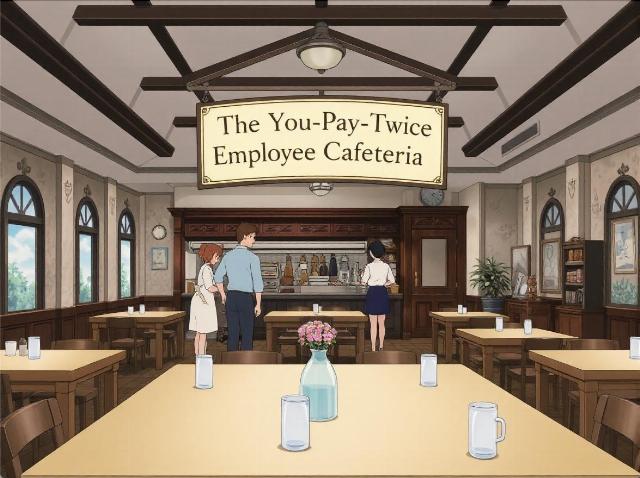An easy explanation of this tariff tiff
Protectionist tariffs typically help one specific industry when a country is dumping products into our country because it costs less for the other country to make it than it does for American manufacturers to make it. These are the type of tariffs people think of when they threaten a repeat of Smoot-Hawley.
President Trump’s reciprocal tariffs are very different from protectionist tariffs. According to the fundamental definition, “reciprocal” means doing an equal thing back. In this sense, the protectionist tariffs President Trump is responding to were levied first by another country on US goods. The United States is not initiating protectionist tariffs but is responding to protectionist tariffs levied against us. Currently, the US reciprocal tariffs have only been levied at half of what we are being tariffed (on countries that tariff us over 10%), so we are not even close to reciprocating in an equal way yet.

Image by AI.
Let’s consider a tariff against you and the results if it is not responded to equally.
If you found out that your boss was taking 50% of your paycheck and giving it to the worker at the desk beside you and had been doing this for decades, wouldn’t you want that to end? Even if “just” 10% were being taken from you over your working lifetime, that would be a lot. (Using an average lifetime salary of $50,000 per year x 10% x 40 years of work = $200,000.)
Now, what if that person to whom the boss is giving “just” 10% of your check saved up some of your money and then went into business with a relative to provide the food you must pay for at the company cafeteria every day at work? (We’re assuming that your workplace is a bit remote, so the choices are the on-site cafeteria or to brown-bag it.)
You are paying that working a second time after he already got 10% of your salary for years—and adding insult to injury, that 10% is what funded the cafeteria he’s now charging you to use.
Maybe this tariff tiff is just about getting ripped off...twice. However, the beneficial side effect is that US manufacturers will produce more of their own stuff for America and create jobs for their own country instead of giving money away to other countries and creating jobs and wealth for other countries.





